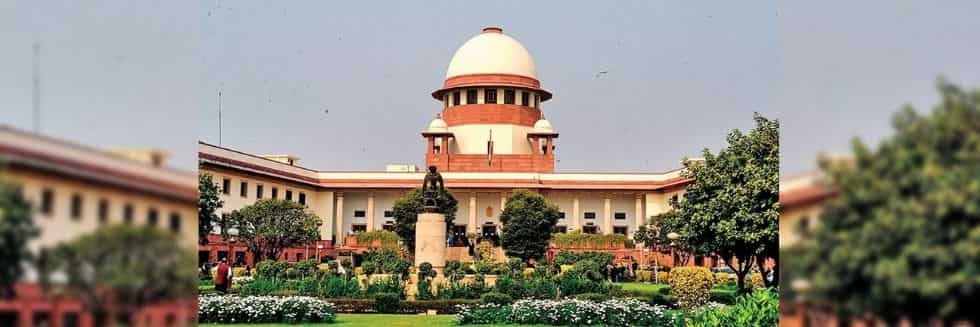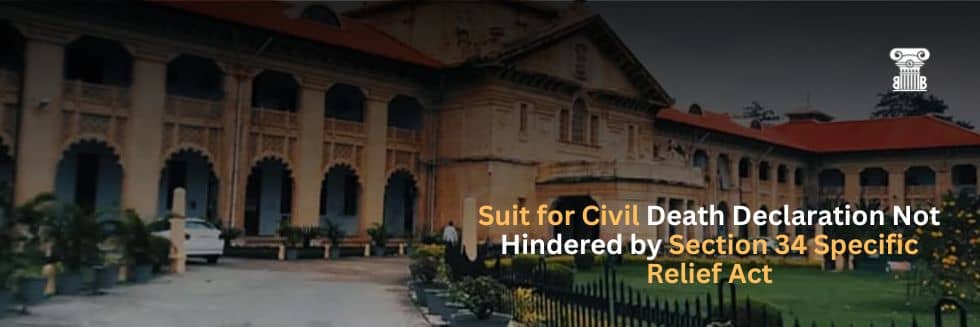Supreme Court recently held that in lieu of the right to maintenance and by virtue of Section 14(1) of the Hindu Succession Act, 1956, a widow is entitled to absolute ownership of the property out of which she is being maintained.
The two-judge bench comprising Justice Ajay Rastogi and Justice Bela Trivedi noted that Section 14(1) of Hindu Succession Act envisages a liberal construction in favour of women, with the objective of promoting socio-economic ends.
The bench observed, “it is by virtue of Section 14(1) of the Act of 1956, that the Hindu widow’s limited interest gets automatically enlarged into an absolute right, when such property is possessed by her whether acquired before or after the commencement of 1956 Act in lieu of her right to maintenance.”
The bench was hearing a dispute between two dead members of a family which was pursued by their legal representatives. The appellant had claimed the property possession along with mesne profits from the respondent who was a widow.
The respondent was in exclusive possession of the property since 1953. The appellant argued before the bench that he was the only living male member of the family after the death of his ancestor and is also the legatee under the will of the ancestor. He claimed that he was the sole owner of the property and the respondent has been living on the property without any legal right and interest in the property.
The legal representative of the respondent submitted that she was maintaining herself of that property and her limited right in the disputed property has enlarged into full ownership by virtue of Section 14(1) of the Hindu Succession Act.
The will was claimed to be executed in favour of the appellant where there was no mention of the suit property. There was no documentary evidence of the will purportedly bequeathing the property to the respondent.
Considering all the submissions, the trial court had ruled in favour of the appellant. However, Rajasthan High Court set aside the trial court order and held that the respondent had an absolute right over the property in lieu of the maintenance which she was receiving out of the property.
Section 14(1) of Hindu Succession Act states that any property possessed by a female Hindu, whether acquired before or after the commencement of this Act, shall be held by her as full owner thereof and not as a limited owner.
Section 14(2) makes it clear that such property would include property acquired by a Hindi woman in lieu of maintenance or arrears of maintenance.
The apex court bench noted that the words “possessed by” and “acquired” used in Section 14(1) of the Act are of the wildest amplitude and include the state of owning property.
The bench also referred to its previous V Tulasamma and other v. Sesha Reddy judgment where it was held that the right to maintenance is enjoined even by Shastric law and not only by the legal statutes.
“The claim of a Hindu widow to be maintained is not an empty formality which is to be exercised as a matter of concession or indulgence, grace or gratis or generosity but is a valuable spiritual and moral right which flows from the spiritual and temporal relationship of the husband and wife,” reads V Tulasamma and other v. Sesha Reddy judgment.
The bench held that the submission of the appellant that mere right to maintenance would not create any charge on the property, and that creation of a legal charge required execution of a document, device or agreement, cannot be countenanced.
“Her pre-existing right to maintenance, coupled with her settled legal possession of the property, would be sufficient to create a presumption that she had a vestige of right or claim in the property, though no document was executed or specific charge was created in her favour recognizing her right to maintenance in the property,” the bench added.






